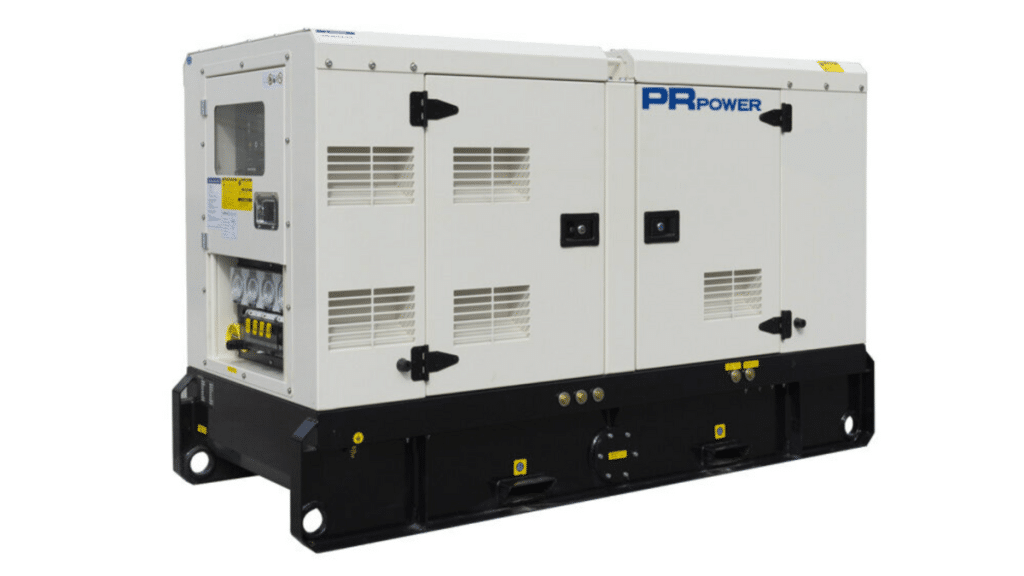How can hospitals maintain power during emergencies? Diesel generators serve as a reliable backup when the main power fails. By keeping critical systems running, they help ensure patient care continues smoothly. These generators are vital in ensuring hospitals can operate effectively during power disruptions.
Why Reliable Power Is Crucial for Hospitals
Hospitals depend on constant power to run critical equipment such as life-support machines, ventilation systems, and medical monitors to ensure patient safety. Diesel generators, like those available at this link, www.prpower.com.au, provide immediate backup power when needed. These generators offer the reliability hospitals require to maintain operations and continue delivering care during emergencies.
In addition to supporting life-saving equipment, reliable power is essential for keeping essential systems like lighting, climate control, and communication networks operational. Any disruption in power could not only jeopardise patient health but also disrupt hospital workflows, leading to delays in care and compromised safety. Therefore, a dependable power solution is an integral part of maintaining the hospital’s ability to function smoothly, especially during critical moments.
The Importance of Diesel Generators for Hospital Continuity
Hospitals often face the challenge of ensuring their power supply remains steady, particularly during power failure. In the Australian health system, diesel generators are widely used as backup power solutions because they provide a high level of reliability and can operate for extended periods. These generators can support essential systems such as emergency lighting, medical equipment, and communication systems, which are critical for day-to-day operations.
These generators can supply large amounts of power, which is necessary to support a wide range of hospital systems. Their ability to run continuously for long hours makes them ideal for emergencies that might last several hours or even days. As such, hospitals that use diesel generators can ensure that their patients receive uninterrupted care, even during extended power outages.
Supporting Critical Systems During Power Interruptions
When there is a power failure, the first systems that hospitals rely on to continue operating are their backup power solutions. Diesel generators ensure that vital systems remain online and operational. These include life-saving equipment like ventilators, dialysis machines, and patient monitors, all of which need a continuous power supply to function correctly. Without the backup support provided by diesel generators, hospitals would face challenges in maintaining their ability to care for patients, particularly those in critical conditions.
Another essential function of such generators is to keep emergency lighting systems running. In the event of a power outage, hospitals must maintain adequate lighting throughout the facility. This ensures that medical staff can perform their duties safely, navigate the building, and care for patients without disruption.
Choosing the Right Diesel Generator for Healthcare Facilities
Selecting a diesel generator for a hospital involves understanding the facility’s specific energy needs. Hospitals are large, complex environments with various systems that must be powered continuously. Determining the total power requirements is essential to ensure that the chosen generator can handle the load. An undersized generator may not be able to meet these demands, leading to system failure or inadequate power supply during an emergency.
It is also essential to consider diesel generators’ fuel efficiency and maintenance needs. Efficient fuel use allows the generator to operate for extended periods without requiring frequent refuelling. Hospitals often experience power outages during emergencies, which may last several hours or even days. A fuel-efficient diesel generator can keep essential services running during these prolonged outages.
Diesel generators are a critical component of healthcare facilities, ensuring power availability when needed most. With the increasing demand for smooth patient care, these generators offer the reliability necessary to maintain hospital operations during power failures. Diesel generators support critical systems like medical equipment, emergency lighting, and communication systems, ensuring that hospitals respond effectively during emergencies.
